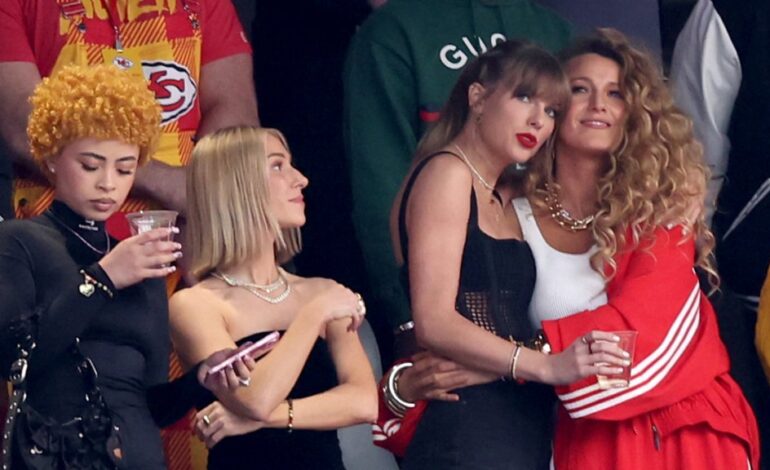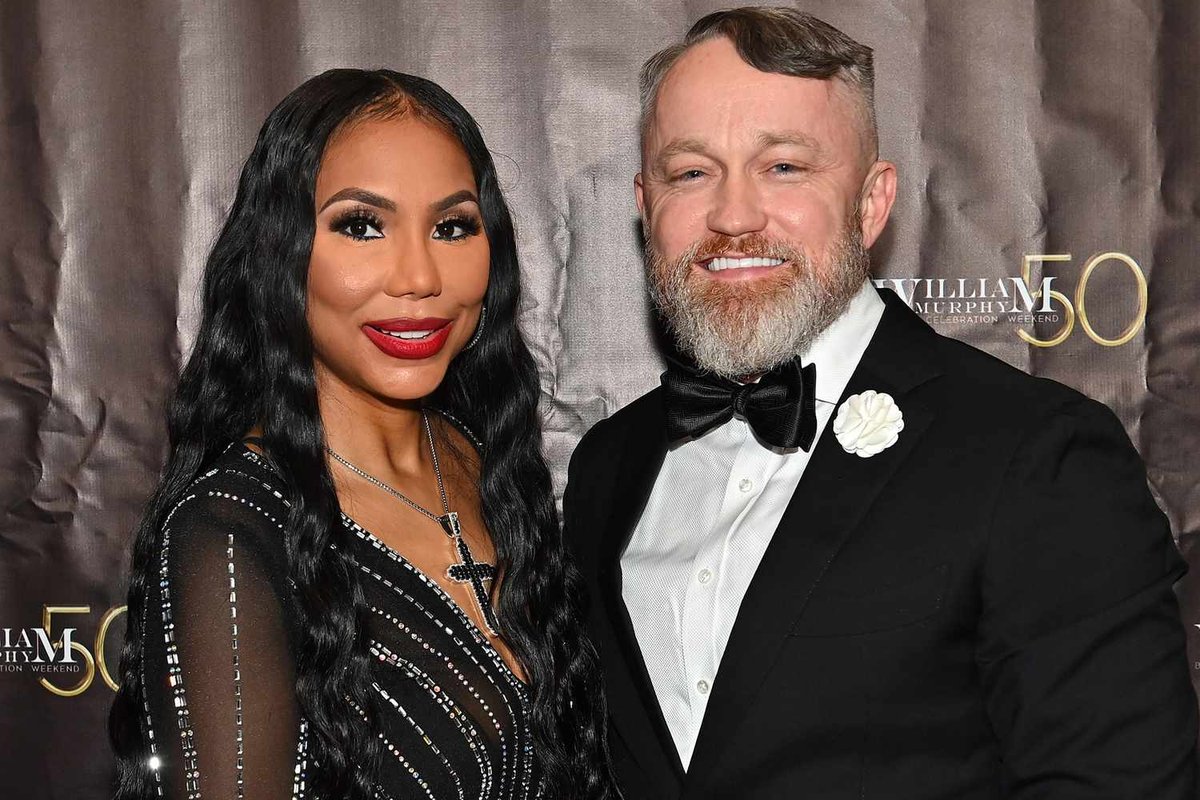Judge Greenlights Access to Swift-Lively Texts in Baldoni Legal Battle

The data-driven view: a New York court has deemed communications between Blake Lively and Taylor Swift pertinent to director Justin Baldoni’s harassment and retaliation lawsuit. According to the June 18 order by Judge Lewis L. Liman, messages exchanged on set discussions and complaints about It Ends With Us are “reasonably tailored to discover information that would prove or disprove Lively’s harassment and retaliation claims.” While Blake Lively urged the court to seal her private exchanges, Judge Liman concluded that Lively herself had “identified Swift as someone likely to have knowledge” of on-set dynamics, making the texts indispensable for a fair discovery process.
The decision marks a procedural win for Justin Baldoni, who faced Lively’s California Civil Rights Department complaint in December 2024 alleging a hostile work environment. Baldoni’s defense previously moved to subpoena Swift, arguing she assisted Lively in leveraging creative control—an effort withdrawn after Swift’s spokesperson insisted the singer “was not involved in any casting or creative decisions.” The protective order now in place bars either party from leaking Swift-Lively correspondence, underscoring the court’s balance between relevance and privacy.
Contextual analysis shows that this ruling arrives in the aftermath of Baldoni’s countersuit against Lively and husband Ryan Reynolds being dismissed by the same judge earlier in June. Liman found Baldoni “failed to prove defamation,” while Lively publicly affirmed her commitment to others who face retaliatory suits, sharing on Instagram Stories her “gratitude for the many who stood by me” after defeating the countersuit. Bryan Freedman, Baldoni’s attorney, refuted Lively’s celebratory tone, calling the case “about false accusations of sexual harassment and retaliation and a nonexistent smear campaign.”
Key dates and data: Lively filed her CRD action on December 20, 2024, as reported by The New York Times and obtained by E! News. The complaint named Baldoni, his Wayfarer Associates, and PR contractors over what Lively described as “a sophisticated press and digital plan in retaliation” for raising on-set concerns. The discovery phase is now set to include Swift’s texts, narrowing the evidentiary gap on whether complaints circulated among principal actors before formal filings.
Observers note the protective order’s significance: it restricts media access to highly sensitive exchanges, reflecting growing judicial caution in celebrity litigation. As production notes and personal messages intertwine in court filings, this ruling could set a precedent for future disputes involving high-profile collaborators. That wraps up today’s analysis with a reminder: in complex celebrity cases, relevance and confidentiality often clash. Stay informed, stay critical, and follow the facts.
Sources: Celebrity Storm and E! News, The New York Times, Taylor Swift spokesperson statements, Blake Lively Instagram Stories, Court Order by Judge Lewis L. Liman
Attribution: Creative Commons Licensed




